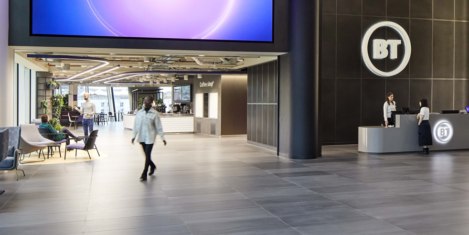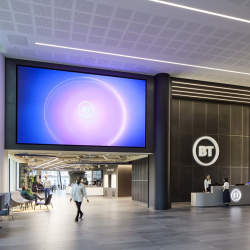To provide the best experiences, we use technologies like cookies to store and/or access device information. Consenting to these technologies will allow us to process data such as browsing behaviour or unique IDs on this site. Not consenting or withdrawing consent, may adversely affect certain features and functions.
The technical storage or access is strictly necessary for the legitimate purpose of enabling the use of a specific service explicitly requested by the subscriber or user, or for the sole purpose of carrying out the transmission of a communication over an electronic communications network.
The technical storage or access is necessary for the legitimate purpose of storing preferences that are not requested by the subscriber or user.
The technical storage or access that is used exclusively for statistical purposes.
The technical storage or access that is used exclusively for anonymous statistical purposes. Without a subpoena, voluntary compliance on the part of your Internet Service Provider, or additional records from a third party, information stored or retrieved for this purpose alone cannot usually be used to identify you.
The technical storage or access is required to create user profiles to send advertising, or to track the user on a website or across several websites for similar marketing purposes.
 Interest in the four day work week is rising yet millions of UK workers are set to miss out, according to research from ClickUp. It found that certain careers are more likely to miss out on the idea of working a day less each week for no reduction in pay, as other employment sectors may go ahead. Businesses must take action to close these gaps to create equity for workers in the UK, the report argues. (more…)
Interest in the four day work week is rising yet millions of UK workers are set to miss out, according to research from ClickUp. It found that certain careers are more likely to miss out on the idea of working a day less each week for no reduction in pay, as other employment sectors may go ahead. Businesses must take action to close these gaps to create equity for workers in the UK, the report argues. (more…)




















 People struggle to express themselves authentically at work because they feel a need to conform to the tenets of the workplace culture, Dame Inga Beale, the former and first female CEO of Lloyd’s of London, told ESCP Business School.
People struggle to express themselves authentically at work because they feel a need to conform to the tenets of the workplace culture, Dame Inga Beale, the former and first female CEO of Lloyd’s of London, told ESCP Business School. 











